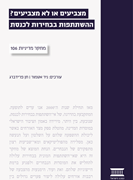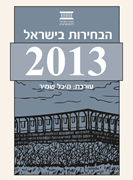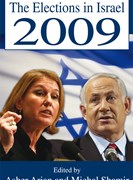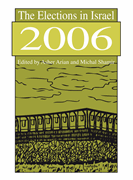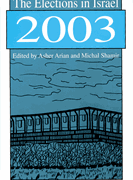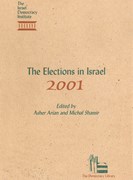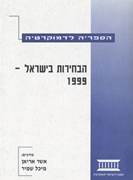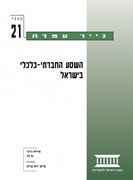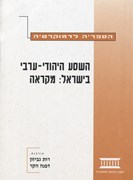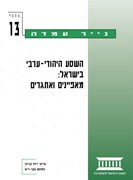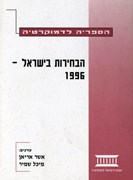

Publications Regarding Voting patterns
Articles

A Lower Threshold is Not the Electoral Reform Israel Needs
Written By: Asaf Heiman
Instead of debating electoral reforms that seek to preserve and protect the political interests of those in power, let us focus on electoral reform, such as a semi-open ballot system, that would improve governance, increase accountability, and strengthen democracy.

Analysis of Voting Trends and Intentions in Israel: Review of 2024
Written By: Dr. Lior Yohanani
An analysis of the potential voting patterns for future elections, voter transitions between parties, and an exploration of the potential electoral power of the Democrats party in upcoming elections.
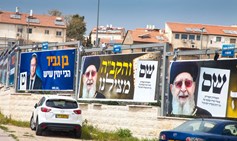
Are Israel's Haredim Leaning Left or Right?
Written By: Eliyahu Berkovits
The deep fear expressed by the leadership of Israelis haredim is not of external criticism, but of an internal blurring of identity and straying from the path.
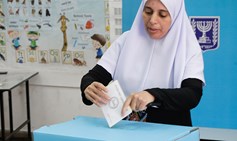
An Elections for the 25th Knesset: An Analysis of the Results in the Arab Sector
Written By: Dr. Arik Rudnitzky
This review analyzes voting patterns among Arab citizens in the elections for the 25th Knesset, held on November 1, 2022. The graphs and tables are based on an analysis of the final results, as published by the Central Elections Committee.
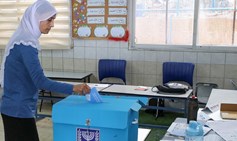
Arab Votes in the 2022 Election
Written By: Dr. Arik Rudnitzky
Dr. Arik Rudnitzky breaks down the Arab vote to the 25th Knesset elections – it seems that Ra’am's gamble paid off and they emerged the big winner.
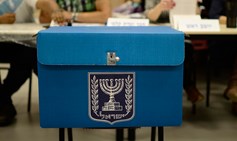
Voting Patterns in Knesset Elections 2021 Vs. 2020
Written By: Prof. Ofer Kenig
In the March 2021 elections, Israel's fourth in two years, voter turnout was down throughout the country. Yet a comparison to the last round of elections in 2020 shows how a more substantial downturn in voting in religious and rightwing strongholds resulted in a significant weakening of Netanyahu's Likud party.
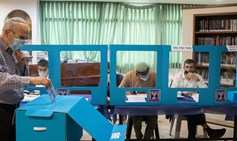
Final Election Results 2021
Written By: Prof. Ofer Kenig
One of the most striking elements to emerge from the preliminary results is that the current Knesset is going to be much more fragmented
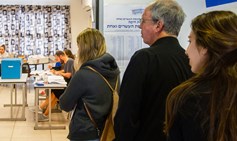
The March 2021 Elections: The Fence-Sitters
Written By: Prof. Tamar Hermann
Those who still haven’t made up their mind about who they will vote for in less than a month is much higher than it was before the elections in March 2020 – how will it effect the outcome?
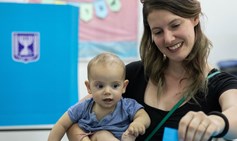
Getting Stay-at-Home Potential Voters to the Polls for Israeli Elections
Written By: Dr. Assaf Shapira, Dr. Ofer Bernstein
Rather than “packaging” voting as a political, civic and moral obligation, we should try instead to get these potential voters to think about the personal benefits to be gained by going to the polls.
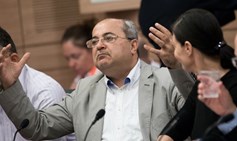
Arab Politics in the 2019 Election Campaign
Written By: Dr. Arik Rudnitzky
A review of political and ideological streams in Arab society in Israel - towards 2019 elections.
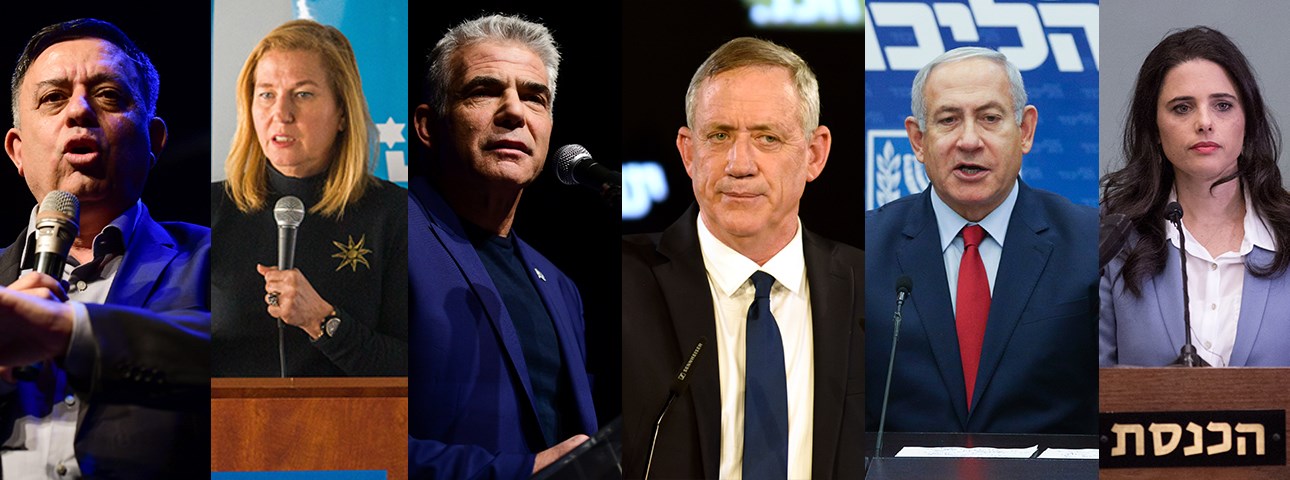
Special Elections Survey
Written By: Prof. Tamar Hermann, Dr. Or Anabi
The Jewish public is divided over the question whether the prime minister should resign if indicted by the Attorney General, pending a hearing; 52% of the Jewish public believes that Israelis living abroad should also have the right to vote

Should Israel Lower the Voting Age to 17?
On March 20, the Ministerial Committee on Legislation will discuss legislation calling to lower the voting age in Israel from 18 to 17. Dr. Ofer Kenig, a researcher in IDI's Political Reform project, explains the the implications.

Flash in the Pan Parties in Israel
Written By: Dr. Assaf Shapira
"Flash in the pan" parties suddenly spring up, run for Knesset with varying degrees of success, and disappear from the political map soon after. This article discusses this phenomenon in Israel in the past and in the context of the 2015 elections.

The Electoral Threshold, Wasted Votes, and Proportionality
Written By: Prof. Ofer Kenig
In the upcoming elections, the electoral threshold will be 3.25%, a big leap from the last elections. Will this higher hurdle deter voters from supporting small parties? Will it reduce the share of wasted votes? What impact will it have on the proportional nature of the electoral system?
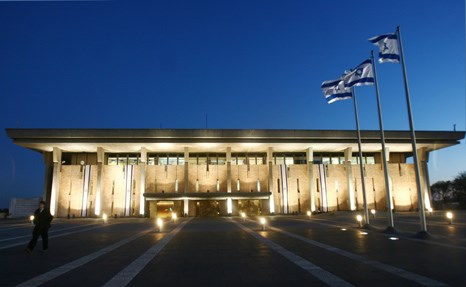
The 2015 Knesset Elections: Facts and Figures
The statistics and graphs below pertain to the upcoming Knesset elections, which will be held on March 17, 2015. The data were collected and analyzed by Dr. Ofer Kenig of IDI's Political Reform project.

